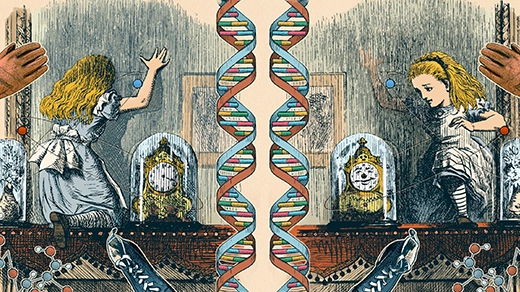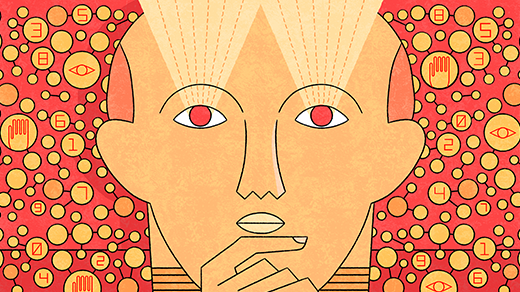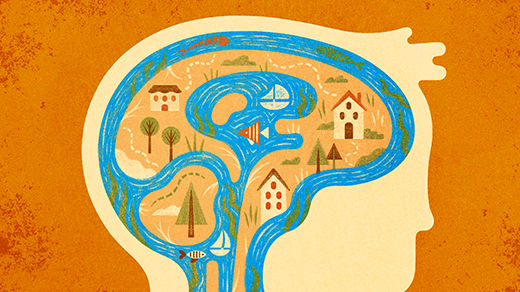What's up in
Explainers
Latest Articles
Matter vs. Force: Why There Are Exactly Two Types of Particles
Every elementary particle falls into one of two categories. Collectivist bosons account for the forces that move us while individualist fermions keep our atoms from collapsing.
How the Universe Differs From Its Mirror Image
From living matter to molecules to elementary particles, the world is made of “chiral” objects that differ from their reflected forms.
Why Language Models Are So Hard To Understand
AI researchers are using techniques inspired by neuroscience to study how language models work — and to reveal how perplexing they can be.
How Can AI ID a Cat? An Illustrated Guide.
Neural networks power today’s AI boom. To understand them, all we need is a map, a cat and a few thousand dimensions.
What the Most Essential Terms in AI Really Mean
A simple primer to the 19 most important concepts in artificial intelligence.
How a Problem About Pigeons Powers Complexity Theory
When pigeons outnumber pigeonholes, some birds must double up. This obvious statement — and its inverse — have deep connections to many areas of math and computer science.
The Mysterious Flow of Fluid in the Brain
A popular hypothesis for how the brain clears molecular waste, which may help explain why sleep feels refreshing, is a subject of debate.
Catalytic Computing Taps the Full Power of a Full Hard Drive
Ten years ago, researchers proved that adding full memory can theoretically aid computation. They’re just now beginning to understand the implications.
How Noether’s Theorem Revolutionized Physics
Emmy Noether showed that fundamental physical laws are just a consequence of simple symmetries. A century later, her insights continue to shape physics.








